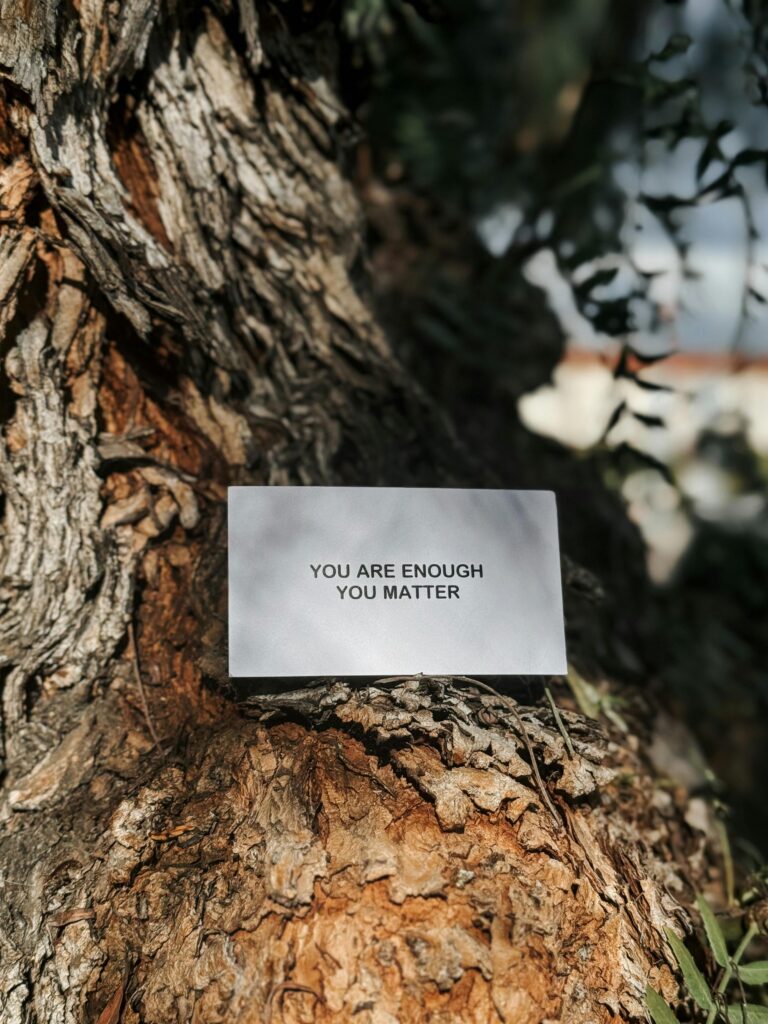Where authenticity meets healing
Neuro-affirming support and co-advocacy by and for autistic and disabled people

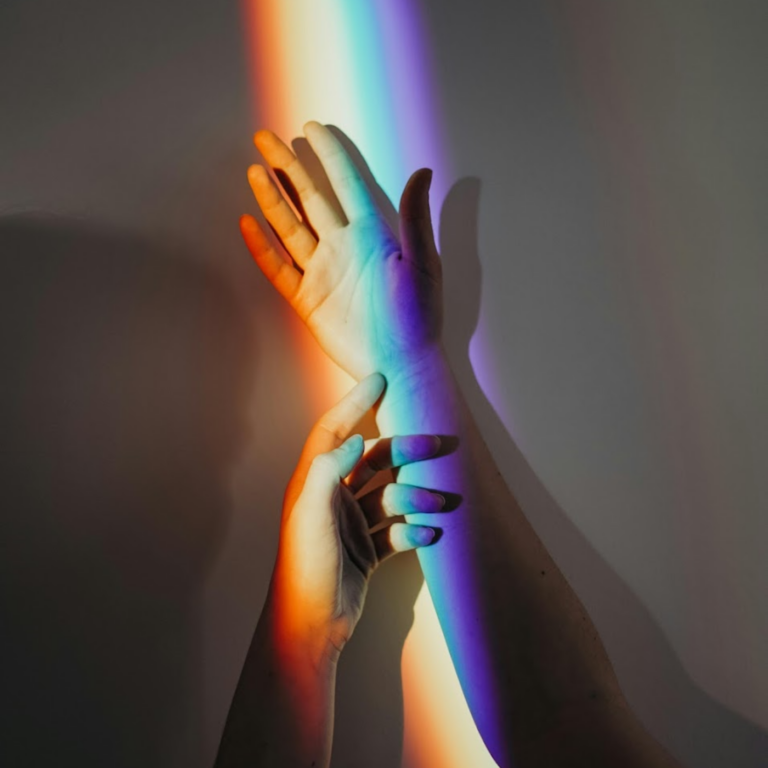
Autistic clients and their caregivers come to me for all sorts of reasons. Most often, it’s because they feel overwhelmed, isolated, or unsure of how to move forward in a world that isn’t designed for autistic people, especially those who are BIPOC, refugees, immigrants, trans, or queer. They’ve tried to navigate systems on their own — schools, therapies, providers, work — but they need help or something different. People reach out to me when they want more — more access, more affirmation, more understanding.
I can help you lean into your strengths, deepen self-understanding, and get curious about the interlocking systems of oppression and structures getting in the way of your needs- needs related to communication, safety, regulation, autonomy, joy, and connection. Together, we can reframe what support means for you, and co-create tools and resources that align with who you are, not who the world expects you to be.
I provide:
• One-on-one support for autistic teens and adults of all support needs
• Identity consultations for teens and adults exploring whether or not they identify as autistic
• Expressive art groups that center accessibility and disabled bodyminds
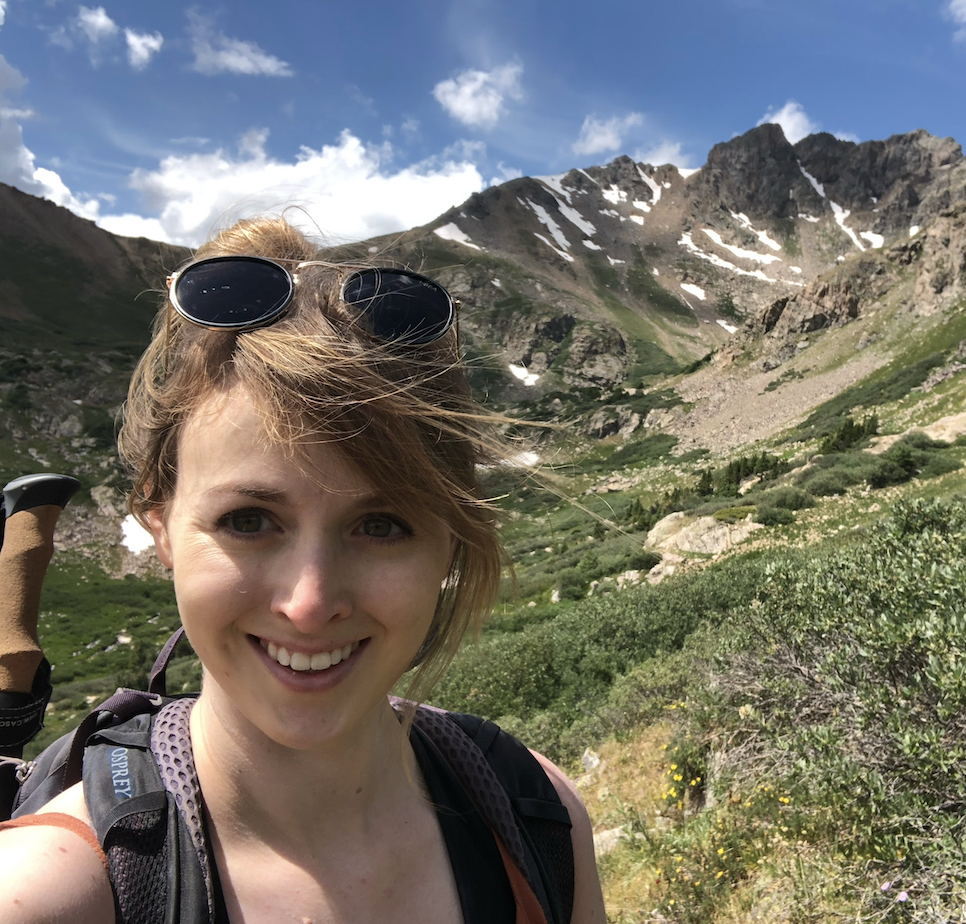
I'm Liz and I'm a Disability Doula
Disability doula: A disabled person who offers emotional, informational, practical, and bodymind support from an anti-oppressive lens to support and mentor other disabled people in learning disabled skills to navigate a world designed for able-bodied people.
I offer a unique, peer-based model of care that centers lived experience and accessibility— filling gaps often left by systems. Creating spaces where people feel safe to pull back the curtain, show up fully and vulnerably, where their core self is honored, has always been at the heart of who I am. Grounded in lived experience and specialized knowledge in autism, disability, accessibility, and ableism, I’m dedicated to supporting my clients as they lean into self-trust and a life in which they belong.
By prioritizing autonomy, consent, and community-rooted care, I offer support that can feel especially empowering for those who have experienced oppression, harm, dismissal, or misunderstanding within medical and educational systems.
Services
Individual Support
Explore potential needs, barriers, supports, accommodations, resources, or identity in an affirming space.

Identity Consultations
Explore your sense of self in a collaborative, neurodiversity-affirming way.
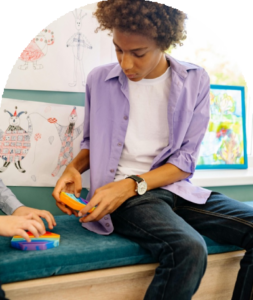
Expressive Art
Explore your inner world and communicate your thoughts, feelings, and experiences in a non-verbal way.
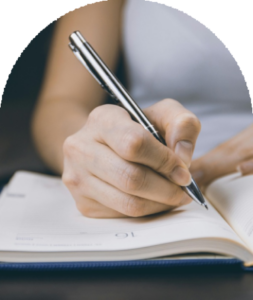
Shifting the Paradigm
The dominant eurocentric, medicalized, and neurotypical lens that guides our understanding of autism fails to accurately convey who we are, why we struggle, and what true support looks like. Our current approach to autism is rooted in ableism and shaped by systems of compliance, control, and colonization. The existing system creates a narrow view of what’s acceptable and “functional.”
Disabled people, especially those who are BIPOC, refugees, immigrants, trans, or queer, are systemically othered, pathologized, and dehumanized by our schools, healthcare system, and communities, often without resistance. Most of us are taught how to suppress our needs, and how to endure environments that harm us. And many are left out altogether—denied even the most basic access to communication, care, and community. The result is trauma, isolation, poverty, abuse, and violence with limited avenues for self-advocacy.
Held in Humanity addresses the deeper root: systems that disconnect us from our bodyminds, our identities, community, culture, and authentic expression. We need more people ready to help co-create a world where autistic people aren’t just surviving—but connecting, healing, and thriving. My mission is to affirm the humanity of disabled people, centering their rights, authenticity, and joy.
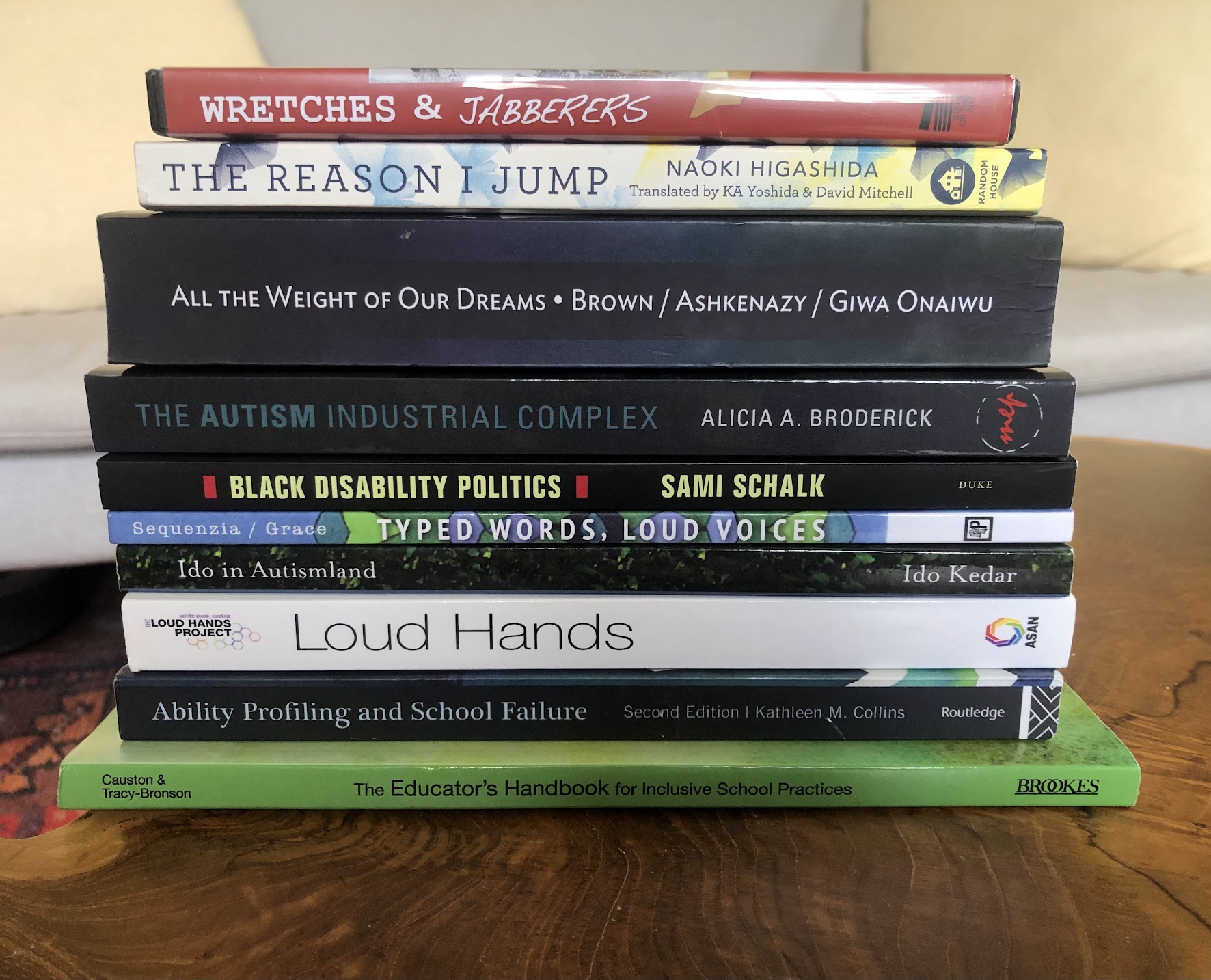
FAQs
What are support sessions?
Individual, support sessions are client-led sessions that offer intuitive emotional, practical, and bodymind support to teens and adults through every stage before and after identifying as autistic or neurodivergent. It's an opportunity to get curious about the oppressive norms, systems, and structures getting in the way and explore the supports that work with your identities to meet your needs and goals in a just and healing way.
